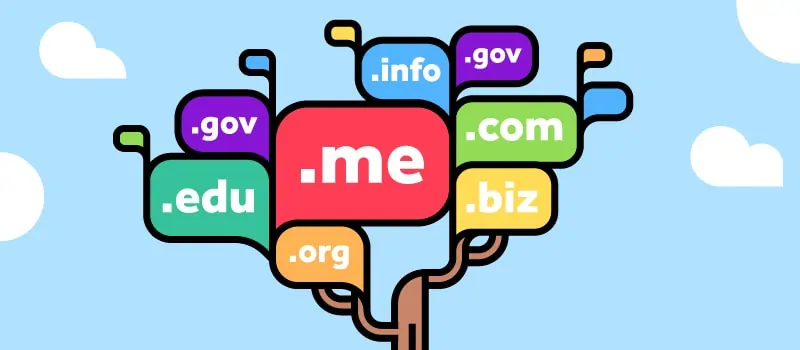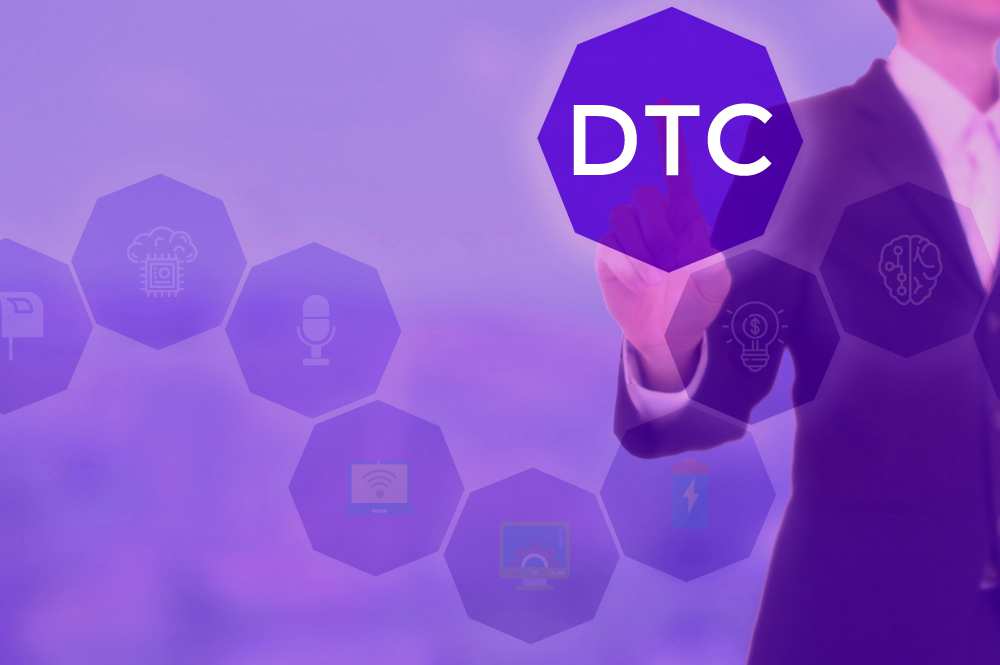A Real Plan for the gTLD Boom

Internet professionals are always looking for ways to present their digital brands better. And, despite the complexities and misconceptions surrounding the 700-plus domain extensions that will be available in the coming months and years, the new gTLDs can be such an opportunity, if planned for accordingly.
Know the Players
In the past, digital media professionals were restricted to roughly 20 domain extensions, with companies nearly always aiming for .com ownership. With the new extensions however, Web workers can classify their companies using descriptive identifiers like location (.nyc, .boston), offerings (.blog, .shop) or industry (.restaurant, .hotel), providing their brands significant new awareness opportunities. More than half of small and mid-size business owners believe, however, the new gTLDs are only going to make the Internet more confusing to navigate (source: Sedo, wsm.co/smbgtld).
The adoption of the new gTLDs will likely come down to the successful efforts of domain name registrars, like GoDaddy, 1&1 and 123-reg, to name a few. Each is currently helping its customers plan for the imminent releases through recommendations, news, watchlists or pre-reservation portals. With the 1&1 platform, for example, brands can check gTLD availability, get updates and choose to purchase prior to activation (see sidebar). Likewise, GoDaddy users can search for or browse categories of the pending extensions, save them to watchlists and receive registration alerts. If you are ready to put some of the new gTLDs in your digital basket, check out "5 Domain Players to Know" at wsm.co/GetGTLDs.
Understand Costs
As major brands and registrars prepare for the new gTLDs, many resource-conscious SMBs will still need convincing. Website owners are already encouraged to secure multiple extensions of their names (.net, .co, .info), but the new gTLDs add another digital wrinkle. How much will this actually cost?
The discussions that 1&1 has had with other registries gives its CEO of Hosting Robert Hoffmann the expectation that generic TLDs will be very much comparable to the existing price ranges seen for .com ($10-$20 per year). Although he expects to see specific domains like .music or .nyc to be a little more expensive, because they have a specific value to the customer, they should still be priced about $30-$40 U.S. annually. Hoffmann hasn't seen any registries demanding $50 or more.
"With 700 domain endings being available, there is also competition among them, so price setting will also be part of their marketing strategy," said Hoffmann.
SEO Impact
In 2012, Chitika reported that nearly half of searches on Google had local intent. With mobile usage rising since then, Bing and Google increasingly look to deliver locally relevant results to searchers. This is one reason new local extensions (think .nyc or .paris) are predicted to have an influence on search engine rankings (although nobody can say to what extent). While even non-location based extensions (e.g. .film, .bank) can help fuel relevancy for search results, Google's Matt Cutts has stated that the search engine will attempt to rank new TLDs appropriately, but he doesn't expect them to get any kind of initial preference over .com. He wouldn't bet on that happening in the long-term either. Exactmatch domains (EMD) are another layer of the gTLD and SEO relationship. Companies looking to purchase cheapmexicanfood.nyc solely for SEO purposes, for example, should think again, as Google has devalued EMDs with low-quality content in the past.
SUNRISE, LANDRUSH, WHAT?
Understand the gTLD application process
Put a Plan in Action
The evolution of the new gTLDs may take years, but Thomas White of The CEO Network, who will be using the .ceo extension to build a social community, believes over time they will serve as a new way to think about domains. To be a part of the progress, however, important questions will need to be answered. As the extensions roll out over the next few years, White suggests that business leaders follow the news, monitor ICANN and ask, "How does this community matter to me? Do these people matter to me?"
When SMBs begin connecting the dots between the communities, SEO value, associations and protection these new gTLDs may bring, adoption and awareness should increase. It will be up to them, however, to build their plan to include marketing of their new URLs and the redirecting of extensions.









